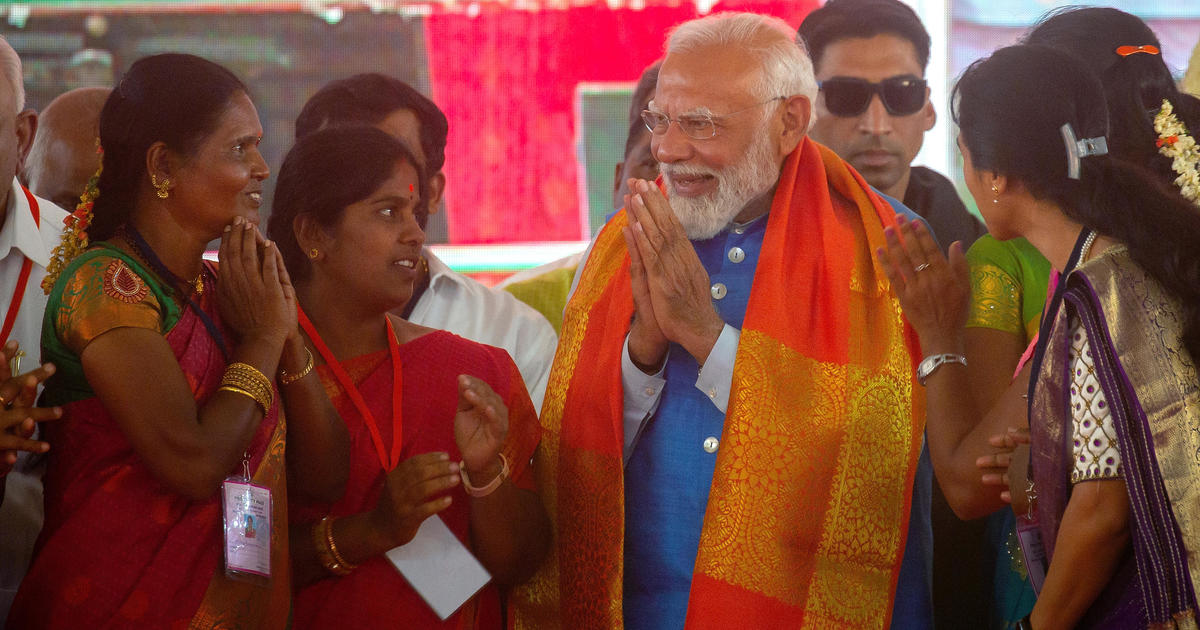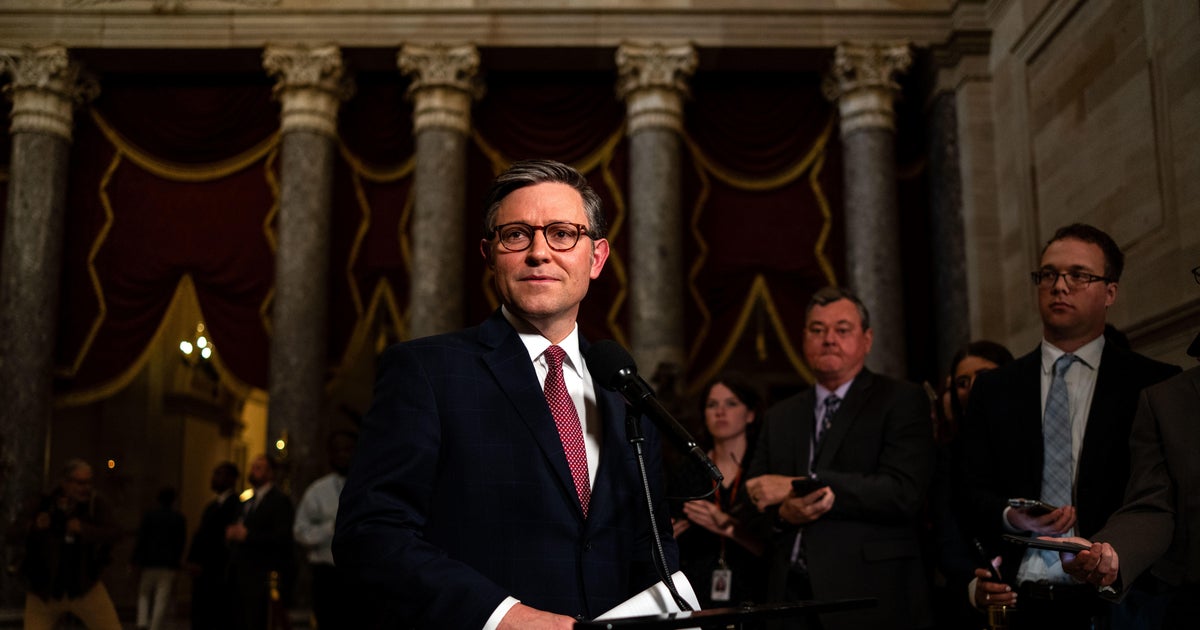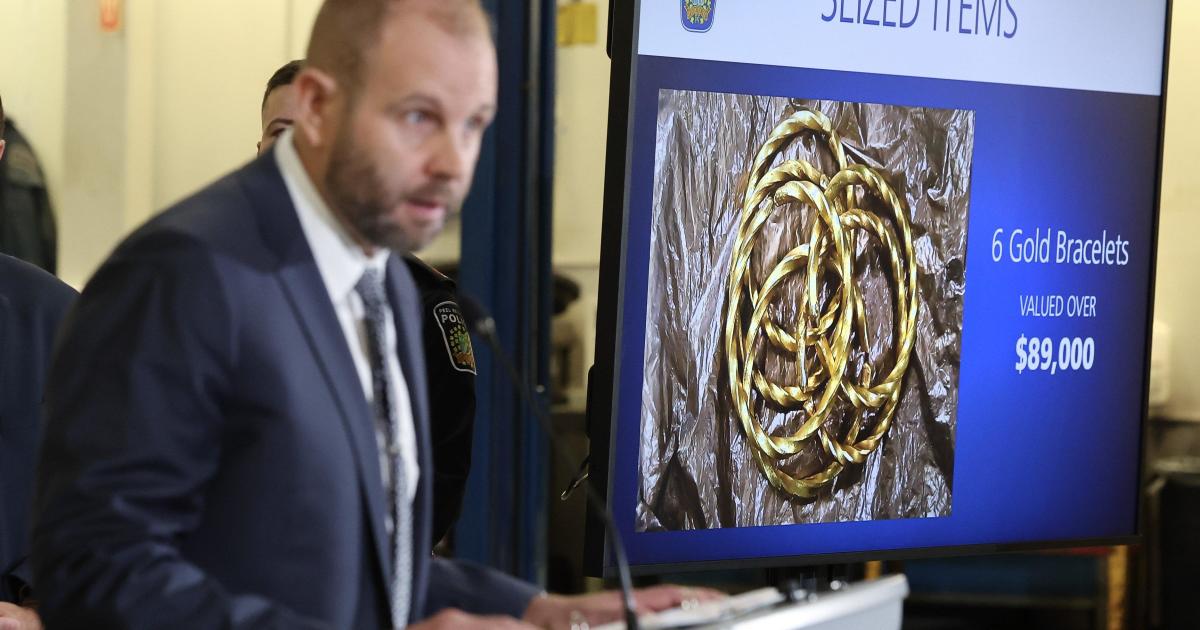Putin scales back pension reform plan as approval rating dips
MOSCOW -- Russian President Vladimir Putin on Wednesday scaled back plans to lift women's retirement age by eight years to 63 as he offered concessions to a package of pension reforms that have hit his approval ratings. While Putin said the general thrust of the policy was justified given Russia's wider economic and demographic backdrop, he did row back on the planned retirement age for women.
In a rare televised address, Putin said the new retirement age for women will be raised to 60 from the current 55, instead of the 63 previously proposed. However, he did not offer to change the proposed figure for men, which is rising from 60 to 65. The changes are supposed to be raised by one year every year over the course of the next five years.
The government's plan to raise the retirement age for both men and women was announced in June when most attention in the country was on the soccer World Cup it was hosting, and has caused widespread discontent.
Though the proposed changes bring Russia into line with most other countries, many Russian families, especially in rural areas and small towns, are worried that their household incomes will be seriously dented at a time younger people often struggle to find a stable job.
The proposals have weighed on Putin's approval ratings, which have dropped below 70 percent - his lowest rating since the 2014 annexation of Crimea from Ukraine.
Russia's pensioners have seen their incomes rising steadily under Putin and have been one of the president's staunchest supporters. In Russia, the average life expectancy for women is 78 and 67 for men.
Putin said the reform was necessary and "cannot be put off any longer." Without increasing the retirement age, Putin said Russia's pension system "would crack and eventually collapse."
"I'm asking you to be understanding of this," he said.
Russia's economy has been hobbled over the past few years by Western sanctions following the annexation of Crimea and lower oil prices. Russia is also facing a demographic crisis in the coming years as a result of the extremely low birth rates that followed the fall of the Soviet Union.
In addition to lowering the proposed retirement age for women, Putin voiced other suggestions aimed at softening the blow including an idea to keep old-age benefits such as tax breaks for senior citizens even before they reach the retirement age.
Putin is known for his annual marathon call-in TV shows where he talks to ordinary Russia via video-link and takes phone calls. But he rarely addresses the nation on television, which indicates just how contentious the planned reforms are.
Alexei Navalny, one of Putin's biggest opponents has called for nationwide rallies for Sept. 9. to protest against the reforms. Navalny was jailed on Monday for 30 days over an unsanctioned protest seven months earlier.
Putin has for years avoided discussing the highly unpopular idea of raising the pension age, an idea that has been advocated by his top economic advisers. The reform was announced in June by the government, and Putin has refrained from commenting on the subject for weeks.
Alexei Kudrin, chairman of the Audit Chamber and one of the earliest proponents of the pension reform, welcomed Putin's proposals, calling them "well-thought-out and crucial for the nation to be able to achieve its goals."
Russia's Communist Party, one of the main opponents of the reform, however, said Putin's concessions are not enough.
"This bill cannot be improved in my opinion," Party leader Gennady Zyuganov told the Tass news agency, adding that the party is working to collect signatures necessary to trigger a nationwide referendum.



